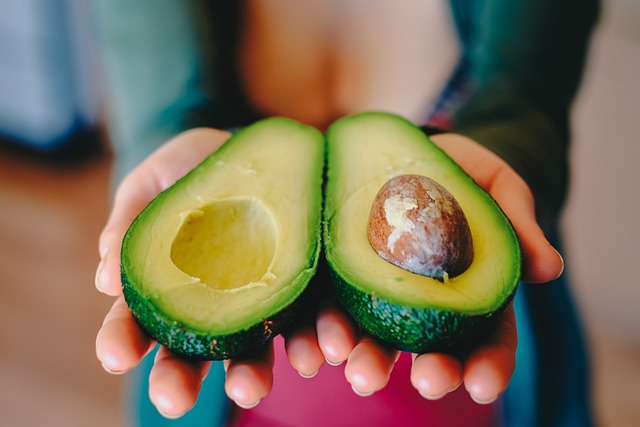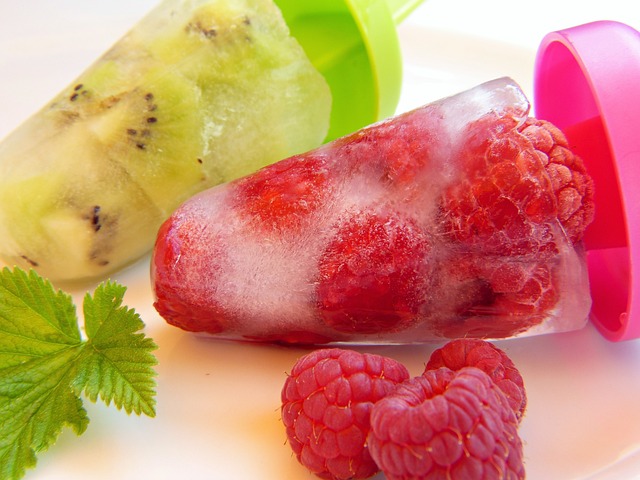Probiotics for Kids: Nurturing Healthy Immune Systems and Happy Bellies
In recent years, the importance of probiotics for maintaining good gut health and overall well-being has gained significant attention and recognition. Probiotics are living microorganisms, mainly bacteria and yeast, that provide various health benefits when consumed in adequate amounts. While probiotics are beneficial for people of all ages, they play a crucial role in nurturing the health and happiness of children.
What are Probiotics?
Probiotics are the good bacteria that naturally exist in our bodies, particularly in the digestive system. They help keep our gut healthy by promoting a balanced gut flora. However, certain factors such as a poor diet, stress, antibiotics, and illness can disrupt the natural balance of bacteria in the gut. This is where probiotic supplements and foods come into play.
Benefits of Probiotics for Kids
1. Enhanced Digestion: Probiotics aid in improving digestion and nutrient absorption, leading to better overall gut health. This can be especially beneficial for children who may struggle with constipation, diarrhea, or other digestive issues.
2. Boosted Immune System: The majority of our immune system resides in the gut, and probiotics play a vital role in supporting its function. By promoting a healthy gut microbiome, probiotics can help strengthen a child’s immune system, making them less susceptible to common illnesses and infections.
3. Reduced Risk of Allergies: Studies have shown that early exposure to certain strains of probiotics can reduce the risk of developing allergies, particularly eczema, in children. Probiotics help regulate the immune response and reduce inflammation in the body, potentially preventing allergies from developing.
4. Improved Mental Health: The gut and brain are interconnected through the gut-brain axis, and research suggests that a healthy gut microbiome positively influences mood and behavior. By supporting a balanced gut flora, probiotics may contribute to better mental health and overall well-being in children.
Sources of Probiotics
There are several natural sources of probiotics that you can incorporate into your child’s diet:
- Yogurt: A popular and delicious source of probiotics, yogurt is packed with live active cultures. Look for varieties that mention specific strains of probiotics on the label.
- Kefir: Similar to yogurt, kefir is a fermented milk drink that is rich in probiotics. Kids usually enjoy its tangy and refreshing taste.
- Sauerkraut: Fermented cabbage, or sauerkraut, contains natural probiotics. Start with small amounts and check for unpasteurized options for maximum benefits.
- Kombucha: This fermented tea drink is another option to introduce probiotics to your child’s diet. Be cautious of the sugar content and select low-sugar varieties.
- Miso: Often used in Japanese cuisine, miso is a paste made from fermented soybeans. It can be added to soups or used as a seasoning to provide probiotics.
Choosing the Right Probiotic Supplement
If you’re considering a probiotic supplement for your child, it’s essential to choose the right one:
- Strain Diversity: Look for a supplement that contains a variety of probiotic strains to support different aspects of gut health.
- CFU Count: CFU stands for Colony Forming Units. Higher CFU count indicates a stronger and more potent probiotic. However, consult with a healthcare professional to determine the appropriate dosage for your child.
- Safety and Quality: Ensure that the probiotic supplement is manufactured by a reputable company and undergoes third-party testing







